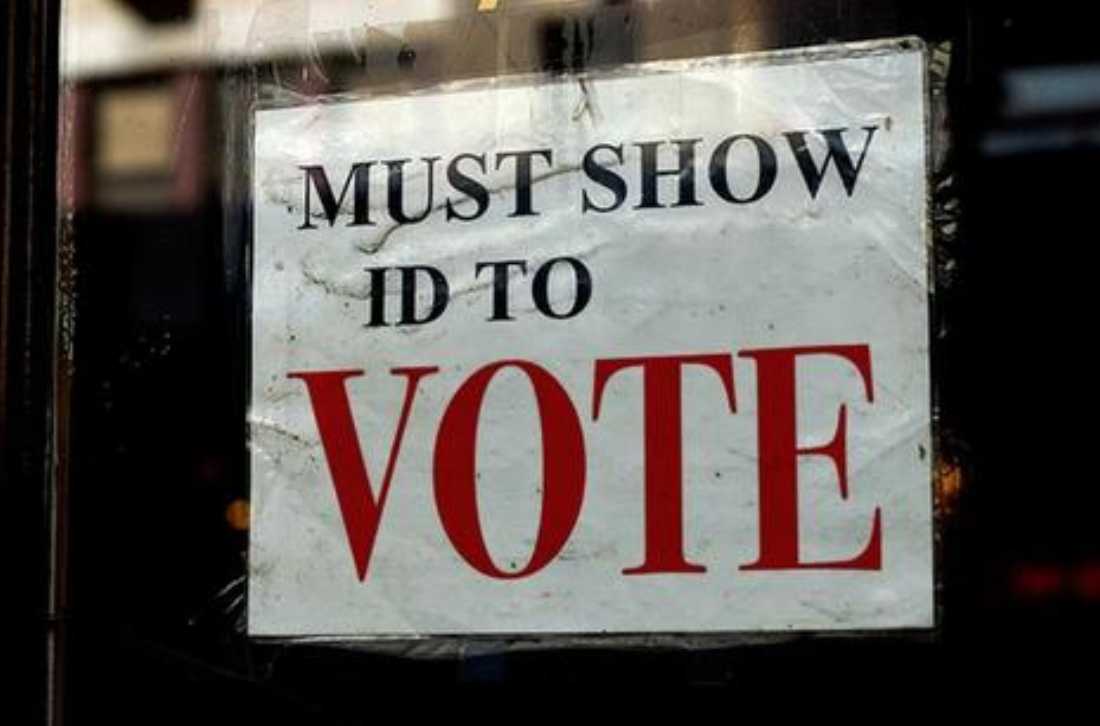Fraud! Shameful!
There seemed to be a contest between Gov. Rick Perry and Lt. Gov. David Dewhurst to see who could make the more outrageous comment after two federal courts poured out the Texas Legislature’s redistricting and voter ID laws.
Perry: “Chalk up another victory for fraud. Today federal judges subverted the will of the people of Texas and undermined our effort to ensure fair and accurate elections. The Obama administration’s claim that it’s a burden to present a photo ID to vote simply defies common sense. I will continue to work with Attorney General [Greg] Abbott to fight for the same right that other states already have to protect their elections.”
But Dewhurst is the slight winner: “Following the decision earlier … by the D.C. federal court to strike down Texas’ redistricting plan, today’s ruling to reject Texas’ voter ID law should be a rallying cry for conservatives across Texas as the Obama administration continues to trample on our states’ rights,” Dewhurst wrote. “The law passed in Texas was designed to protect the right of one person-one vote by ensuring that only U.S. citizens — who are legally eligible — vote in elections. We have a constitutional responsibility to protect and defend one of our most sacred rights — the right to vote — and defend the rights of millions of law-abiding citizens by ensuring fair elections.
Texas will appeal the “shameful decision,” he said, and send a message to Washington “to stop meddling in the constitutional duties of Texas.”
It was the first post-census redistricting since the 1965 Voting Rights Act was passed that faced pre-clearance by a Justice Department under a Democratic administration. But the decisions didn’t come from the Justice Department. They came unanimously from two separate three-judge courts in Washington, D.C.
The redistricting panel included two judges appointed by Republican former President George W. Bush. There was one Bush appointee on the voter ID case.
Abbott issued a statement saying voter ID laws in Indiana and Georgia were upheld by the U.S. Supreme Court. (The Supreme Court did uphold Indiana’s law, but the Georgia law actually received pre-clearance as nondiscriminatory from the Justice Department.)
This from the D.C. court’s voter ID decision, which Abbott may not have read:
“During closing arguments, Texas’ counsel complained that they had been shouldered with an ‘impossible burden’ in this litigation. This may well be correct, but Texas’ lawyers have only their client to blame,” Judge David Tatel wrote. Texas “enacted a voter ID law that … is the most stringent in the country. That law will almost certainly have retrogressive effect: It imposes strict, unforgiving burdens on the poor, and racial minorities in Texas are disproportionately likely to live in poverty.”
The 56-page ruling made it clear that the panel was not passing judgment on voter ID laws in general. The court said such laws could receive Department of Justice approval if they ensure that “all prospective voters can easily obtain free photo ID” and “any underlying documents required to obtain that ID are truly free of charge.”
Texas didn’t do that. Although it would let would-be voters get photo IDs from the Department of Public Safety’s drivers licensing offices, it costs $22 to obtain a copy of a birth certificate — and 81 Texas counties don’t have DPS licensing offices.
On the redistricting law for the Texas Senate districts, Judge Thomas Griffith, a Bush appointee, wrote this:
“One would expect a state that is as experienced with [Voting Rights Act] litigation as Texas to have ensured that its redistricting process was beyond reproach. That Texas did not, and now fails to respond sufficiently to the parties’ evidence of discriminatory intent, compels us to conclude that the Senate Plan was enacted with discriminatory purpose as to [Senate District] 10.”
Experience indicates that the chore of redistricting every 10 years — though it often drags on for years after that — is too important to leave solely to a partisan legislature. State Sen. Jeff Wentworth, a San Antonio Republican (even though he lost to a Tea Party candidate in the GOP primary this year), continues to be right that an independent commission is needed.
A growing number of Texans — though maybe not redistricting lawyers — are thinking it might be fairer, faster, and much cheaper for taxpayers to do it right the first time.
Veteran Texas political reporter Dave McNeely can be reached at davemcneely111@gmail.com.












